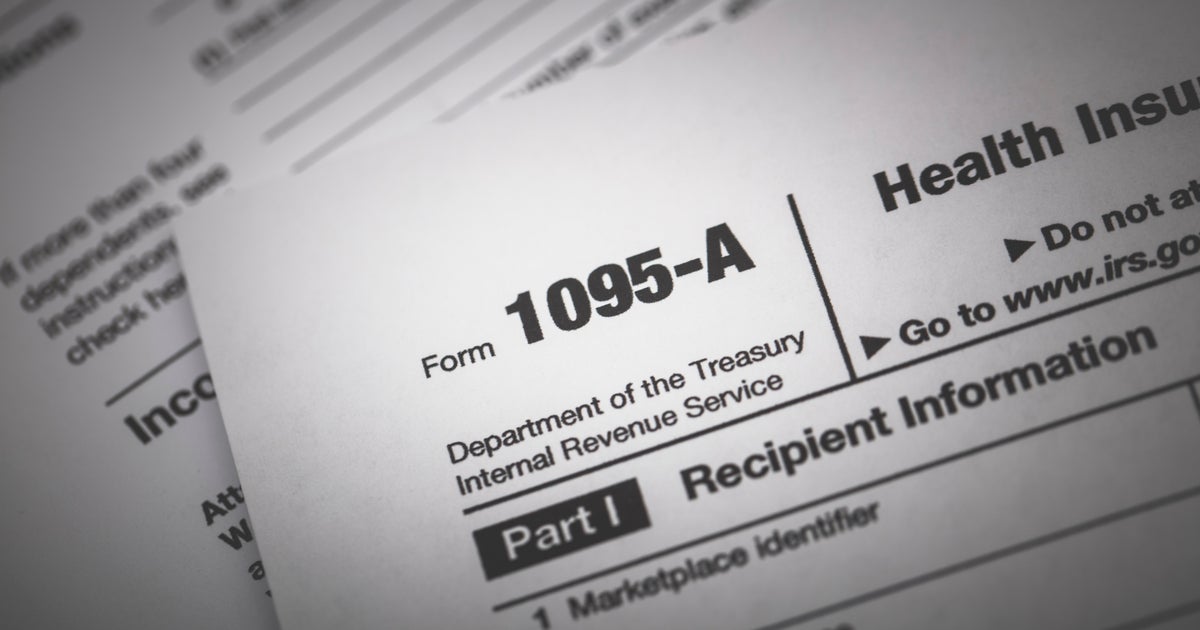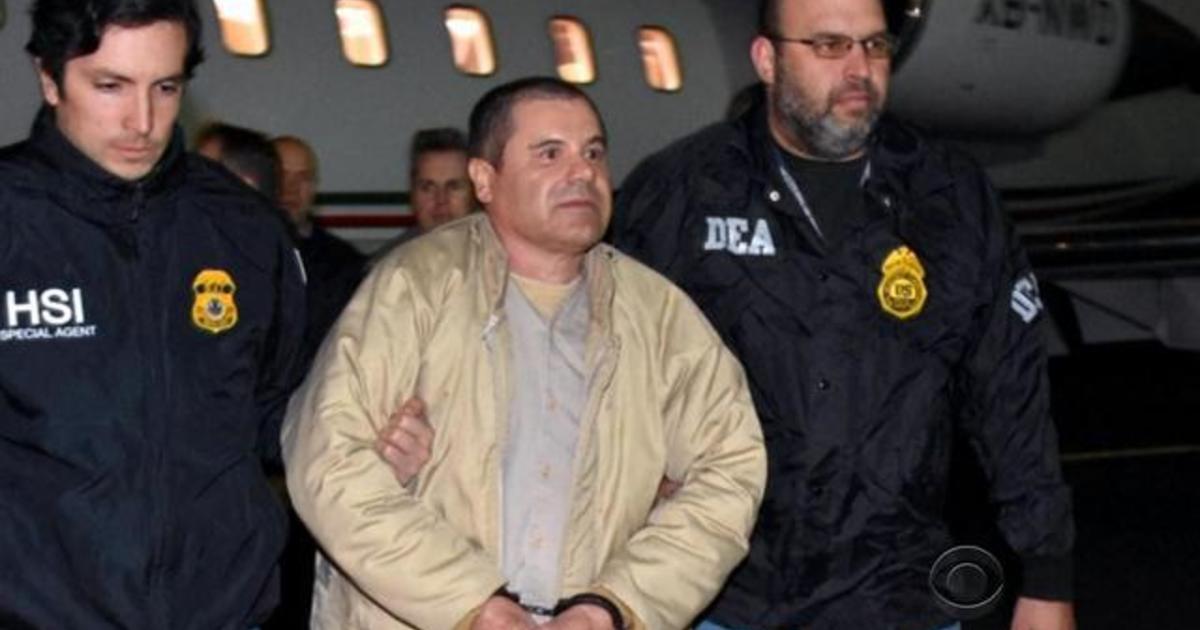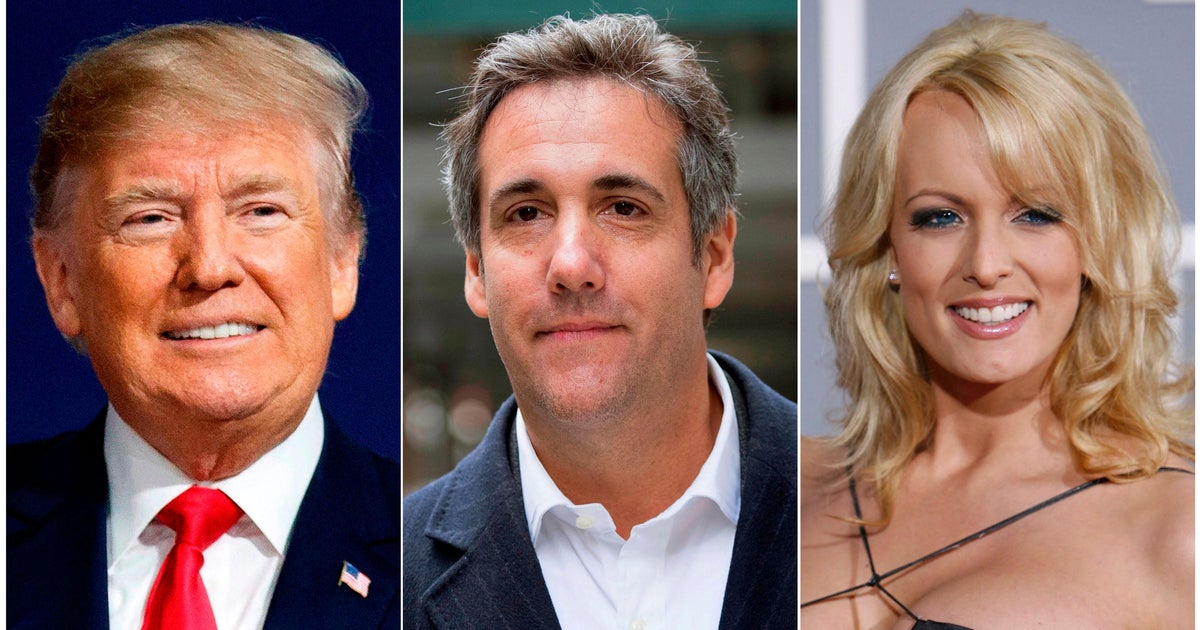Google to pay $170 million for violating kids' privacy on YouTube
Google will pay a record $170 million fine to settle a lawsuit filed by federal and state authorities that charged the internet giant with violating children's privacy on YouTube, the Federal Trade Commission (FTC) said Wednesday.
The settlement requires Google and YouTube to pay $136 million to the FTC and $34 million to New York state for violating the Children's Online Privacy Protection Act, or COPPA, by collecting personal information from children without their parents' consent.
- Kid influencers: Companies make millions while laws protecting children fail to keep up
- Amazon's Echo Dot Kids puts kids at risk, complaint alleges
- New program teaches kids how to protect their privacy online
The FTC and the New York attorney general alleged in a complaint that YouTube gathered children's personal information by using "cookies," or personal identifiers, that track users online. According to the suit, YouTube earned millions of dollars by using the information to deliver targeted ads to kids.
COPPA requires online websites to obtain parental consent prior to collecting kids' online usage information. The FTC and New York Attorney General Letitia James said that, while YouTube claimed it caters to a general audience, many of its online channels are aimed at children under the age 13. That requires the service to comply with COPPA guidelines.
"YouTube touted its popularity with children to prospective corporate clients," FTC Chairman Joe Simons said in a statement. "Yet when it came to complying with COPPA, the company refused to acknowledge that portions of its platform were clearly directed to kids."
For example, a toymaker with a YouTube channel could track people who viewed its videos to send ads for its own products that are targeted to children. The FTC said in its complaint that Google and YouTube told toymaker Mattel that YouTube "is today's leader in reaching children age 6-11 against top TV channels." It also said that the companies told Hasbro that YouTube is the "#1 website regularly visited by kids."
But when it came to advertisers, the FTC alleged that YouTube told at least one marketer that the video-search company need not comply with COPPA, as it did not have users under the age of 13 on the platform.
Prior to Google's settlement, the largest civil FTC penalty for a children's data-privacy case was a $5.7 million for a case in February involving social media app TikTok. But critics say Wednesday's settlement still amounts to a drop in the bucket for Google, whose parent company Alphabet was sitting on $121 billion in cash and securities at the end of June.
YouTube response
YouTube responded to the FTC charges Wednesday in a blog post outlining the data privacy changes it will make on its video search platform starting in about four months. The tech company said it will treat data from anyone watching children's content on the website as "coming from a child, regardless of the age of the user."
The company also said it will stop delivering personalized ads on children's content entirely. It will also hide some features on kid's channels, such as "likes" and notifications that could influence children's usage. Content creators will also be required to specify whether their content is for children. And YouTube said it will use artificial intelligence to identify videos that target children with markers such as toys, kids' characters or games.
"We'll continue working with lawmakers around the world in this area, including as the FTC seeks comments on COPPA," YouTube CEO Susan Wojcicki said in the corporate blog post. "And in the coming months, we'll share details on how we're rethinking our overall approach to kids and families, including a dedicated kids experience on YouTube."
For content creators who make videos geared toward kids, Youtube said it is establishing a $100 million fund disbursed over three years to help offset any lost advertising revenue.
"Walled garden"
The settlement follows a complaint filed in April with the FTC by the Campaign for a Commercial-Free Childhood, the Center for Digital Democracy and 18 other privacy and consumer-protection groups, asking the federal agency to crack down on YouTube's data collection practices for kids.
YouTube is the best-known brand among kids aged 6 to 12, beating out the Disney Channel, McDonald's and Lego, according to an eMarketer study. The study also estimated that nearly half of kids aged under 11 watch the platform.
Josh Golin, executive director at the Campaign for a Commercial-Free Childhood, commended the settlement for targeting behavioral advertising, which he called the "most insidious form of advertising" for children who are cognitively ill-equipped to contend against algorithms from tech giants like Google tracking their online behavior.
But he and other consumer-protection groups said the $170 million fine is not large enough to deter future violations at YouTube, which generated $4 billion last year just on advertising revenue, according to the Consumer Federation of America. Critics also said the settlement places too much of the burden of compliance on content creators, instead of requiring Google and YouTube to police their own platform.
"This lack of accountability is inexcusable, especially since the FTC has a clear authority under the Children's Online Privacy Protection Act to enforce children's privacy rights," Susan Grant, director of consumer protection and privacy at the CFA, said in a statement. "It's like having a school playground with no one responsible for watching the kids and making sure the equipment is safe."
Under the settlement, YouTube is only required to notify creators if their channels target children. Channels are not allowed to track user information for children without parent consent, and kids cannot comment on videos without parent consent.
Golin from the Campaign for a Commercial-Free Childhood suggested that YouTube could additionally move all content for children to YouTube Kids, creating a supervised "walled garden" for kid-friendly content.



